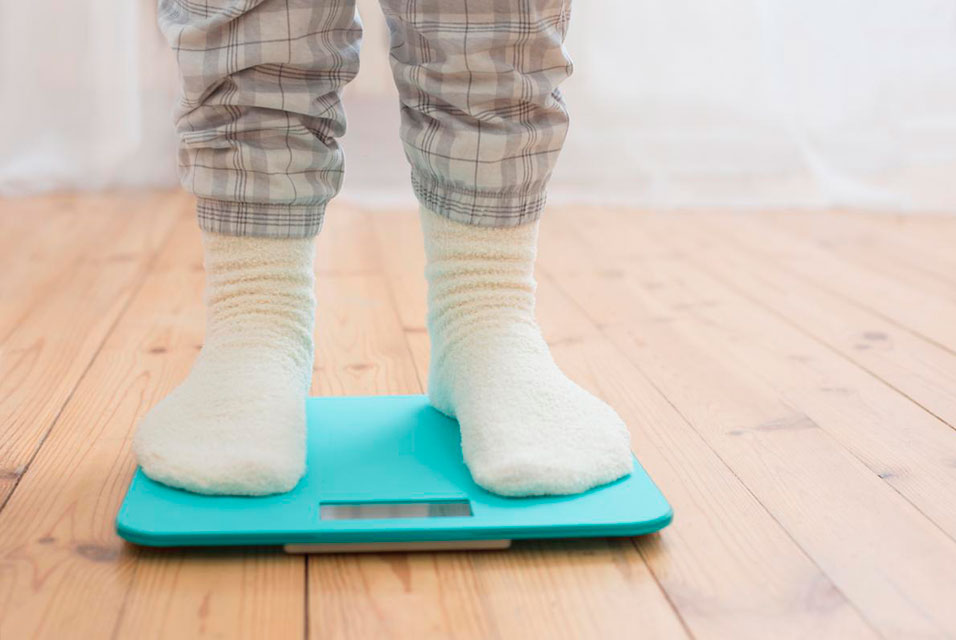EDINBURGH.- Young people born from 1997 onwards are also more likely to overestimate their own weight compared with previous generations, the study reveals.
Researchers found too that girls who are trying to lose weight are more likely to experience depressive symptoms than in previous years.
A paper published in JAMA Pediatrics shows that in 2015, 42 per cent of 14-year-old girls and boys said they had been trying to lose weight, compared with 30 per cent in 2005.
Researchers say their findings show that how we talk about weight, health and appearance can have profound impacts on young people’s mental health.
The study by University College London and the
Universities of Edinburgh and Liverpool warns that efforts to tackle rising obesity rates may have unintended consequences.
Concerning trend
Increase in dieting are concerning because studies have found that dieting is generally ineffective in the long term at reducing body weight in adolescents, the teams says.
It can instead have greater impacts on mental health as it is widely known, for instance, that dieting is a strong risk factor in the development of eating disorders.
The study, involving Edinburgh’s School of Health in Social Science, reviewed data from some 22,000 adolescents in the UK, taken from three cohort studies.
The first looked at data taken from people born in 1970, which was collected in 1986. The second examined statistics from people born 1991-92, collected in 2005, and a third assessed data from participants born 2000-02, gathered in 2015.
Key questions
The adolescents were all asked questions about whether they were, or had been, trying to lose weight and whether they perceived themselves to be underweight.
They were asked what they perceived to be the right weight or overweight for them, and their responses were compared with their actual height and weight.
They also filled out questionnaires that gauged depressive symptoms.
The team found that in 2015, 44 per cent and 60 per cent of all participants had dieted or exercised to lose weight, respectively, compared with 38 per cent and 7 per cent in 1986.
Other evidence
Researchers say other evidence suggests that engagement in vigorous physical activity has remained relatively stable among adolescents over the past few decades.
They suspect that recent controversial calls to add ‘exercise-equivalent’ labels on food packaging may exacerbate this.”
While girls have consistently been more likely to diet to lose weight, the team found a greater increase over the years among boys, who were also becoming more likely to try and gain weight.
The study was supported by Wellcome, the National Institute for Health Research, UCLH Biomedical Research Centre, the Economic and Social Research Council, the Medical Research Council and the University of Bristol.
"It seems young people are exercising for different reasons than before –thinking of exercise mostly as a means to lose weight rather than for fun or feeling healthy." - Dr Praveetha Patalay, University College London
"The study underlines the need to ensure that public health messages around weight and obesity do not perpetuate weight bias, body shame and mental health problems in our teens." - Dr Helen Sharpe, School of Health in Social Science, University of Edinburgh










